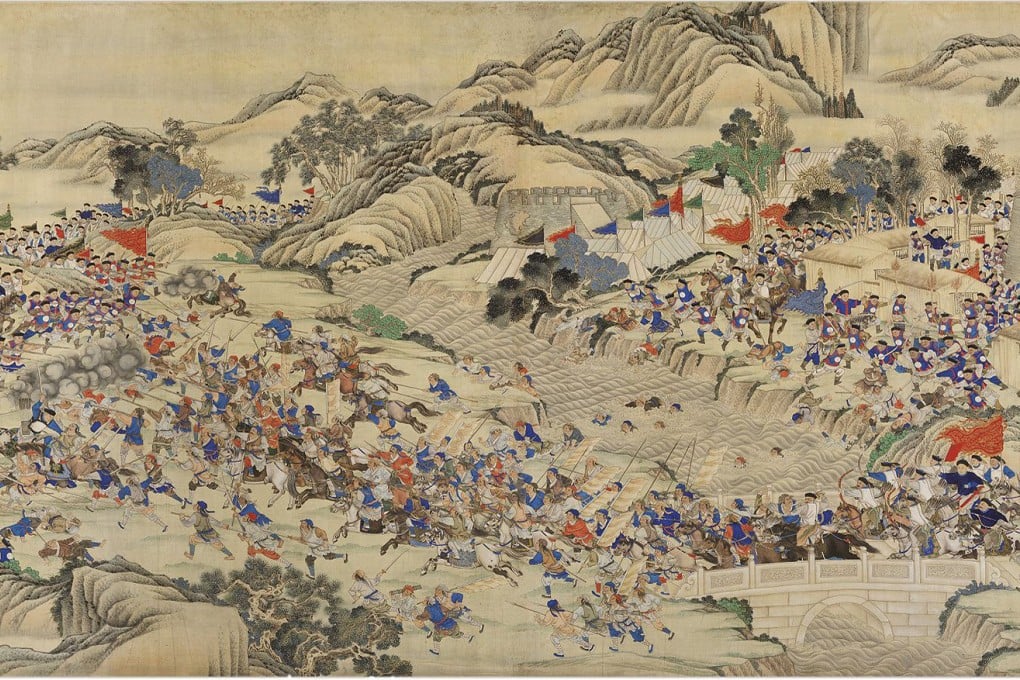Smuggler, general, journalist - the China exploits of a British adventurer
William Mesny's exploits in 19th-century China are the stuff of legend and make for a thrilling book, David Leffman’s The Mercenary Mandarin


William Mesny was born on the English Channel Island of Jersey and ran off to sea as a boy. In 1860, at the age of 18, he jumped ship in Shanghai, beginning an adventure that would see him become a smuggler, a gun-runner, a fixer for European expeditions and a general in the imperial Chinese military.
He travelled the length and breadth of China at a time when the interior was something of a mystery to foreigners, along the way picking up the language, marrying a 16-year-old concubine, writing opinionated newspaper articles, getting fat, collecting plants and trying to convince sceptical government officials of the sense in developing railways, steamship travel and other foreign innovations.
Drawing on a range of sources – not least Mesny’s Chinese Miscellany: A Text Book of Notes on China and the Chinese, a weekly magazine the adventurer began publishing in 1895 – author David Leffman has created a lively account of an unusual man: The Mercenary Mandarin.
In 1862, towards the end of the bloody Taiping rebellion, which pitted Christian movement the Heavenly Kingdom of Peace against the Qing dynasty, Mesny found himself in Hankou, Hubei province. He had recently sailed the Hai-lung Wang, a cargo junk, up from Shanghai along the pirate-infested Yangtze river, had been employed for a brief time as a construction-site manager in the town’s expanding foreign concession and was considering availing himself of a newly inaugurated steamboat passenger service to return to the coast. Below, an edited excerpt from The Mercenary Mandarin explains what happened next.

MESNY DIDN’T CATCH the new ferry downstream. Instead, he accepted a lucrative position captaining three locally built cargo ships down to Shanghai, where they could be sold for a decent profit. He would also be carrying a consignment of munitions for General Zuo Zongtang, then busy fighting the Taipings in coastal Zhejiang province. Zuo was another up-and-coming official, whose early failure in the civil service exams had been followed, relatively late in life, by an unexpectedly successful military career. Mesny greatly admired Zuo and made much mileage in the Miscellany about this early connection with him, however tenuous it might have been.